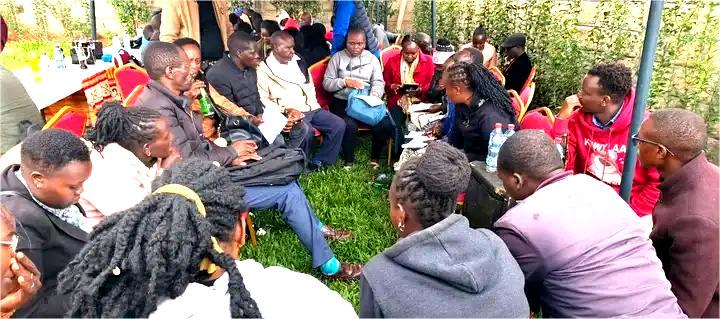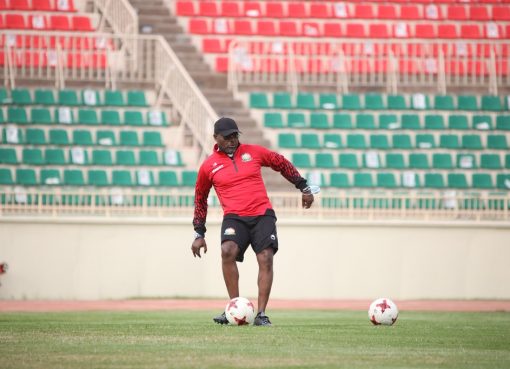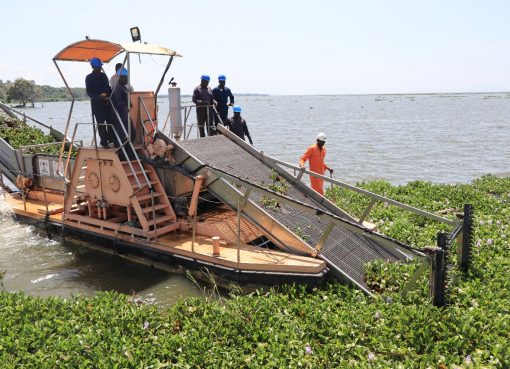The Gender Violence Recovery Centre (GVRC), in partnership with the Embassy of Denmark in Kenya, has held a transformative community dialogue aimed at addressing critical issues affecting women, people with disabilities, and other vulnerable groups.
The event, organized under the Accelerate Programme, served as a platform to discuss solutions to the pervasive challenge of gender-based violence (GBV) within West Pokot County.
The dialogue brought together a diverse group of stakeholders, including community leaders, advocates, and representatives from both local and international organizations, with the main objective being to create a collective vision for eradicating gender-based violence while advocating for the protection and empowerment of the most vulnerable in the society.
Speaking during the event held at Makutano town, West Pokot, the Programme Manager at the Gender Violence Recovery Centre Joel Mureithi highlighted that the event’s main goal was to bring together community members to understand the realities of GBV within the county.
“We wanted to bring people together to understand what is happening in the county and, through collaborative efforts, work towards eradicating gender-based violence,” Mureithi said.
He said the dialogue provided a vital platform for community members, local leaders, and organizations to engage in meaningful discussions on the challenges and solutions to GBV.
He emphasized the importance of community-driven initiatives in tackling gender-based violence, stressing that the collective efforts of both the community and the government are crucial to bringing about real change.
Mureithi revealed that the GVRC is actively working in two sub-counties, West Pokot and Central Pokot, to improve child protection interventions.
“We are focusing on bringing together teachers, learners, and the wider community to address child protection issues and ensure that children are safeguarded from violence and exploitation,” Mureithi said.
He emphasized the importance of engaging both educators and students in these initiatives, noting that schools play a pivotal role in identifying and preventing violence against children.
Vice Chancellor of Elders Joseph Lopetakori called on the community to reject harmful cultural practices that perpetuate inequality and violence against women.
“We must challenge outdated traditions that continue to undermine the rights of women and girls in our society,” Lopetakori stated.
Lopetakori strongly denounced FGM, a harmful cultural practice that violates the rights of women and girls, and urged all political councils to use their platforms to advocate against it.
“It is the responsibility of our political leaders, through their councils, to spread the message of rejecting harmful practices such as Female Genital Mutilation,” Lopetakori said.
A vocal advocate for women’s rights, Elizabeth Losiangole, encouraged women to take a stand against marital abuse by reporting such incidents to the relevant authorities.
“No woman should endure abuse in silence. We must speak up and seek help when we are suffering,” Losiangole said.
Through continued partnerships and efforts, the GVRC, local authorities, and community leaders are working to dismantle the cultural barriers that perpetuate violence and inequality, ensuring that future generations can live in a society where women’s rights are upheld and celebrated.
By Agneta Chebet





